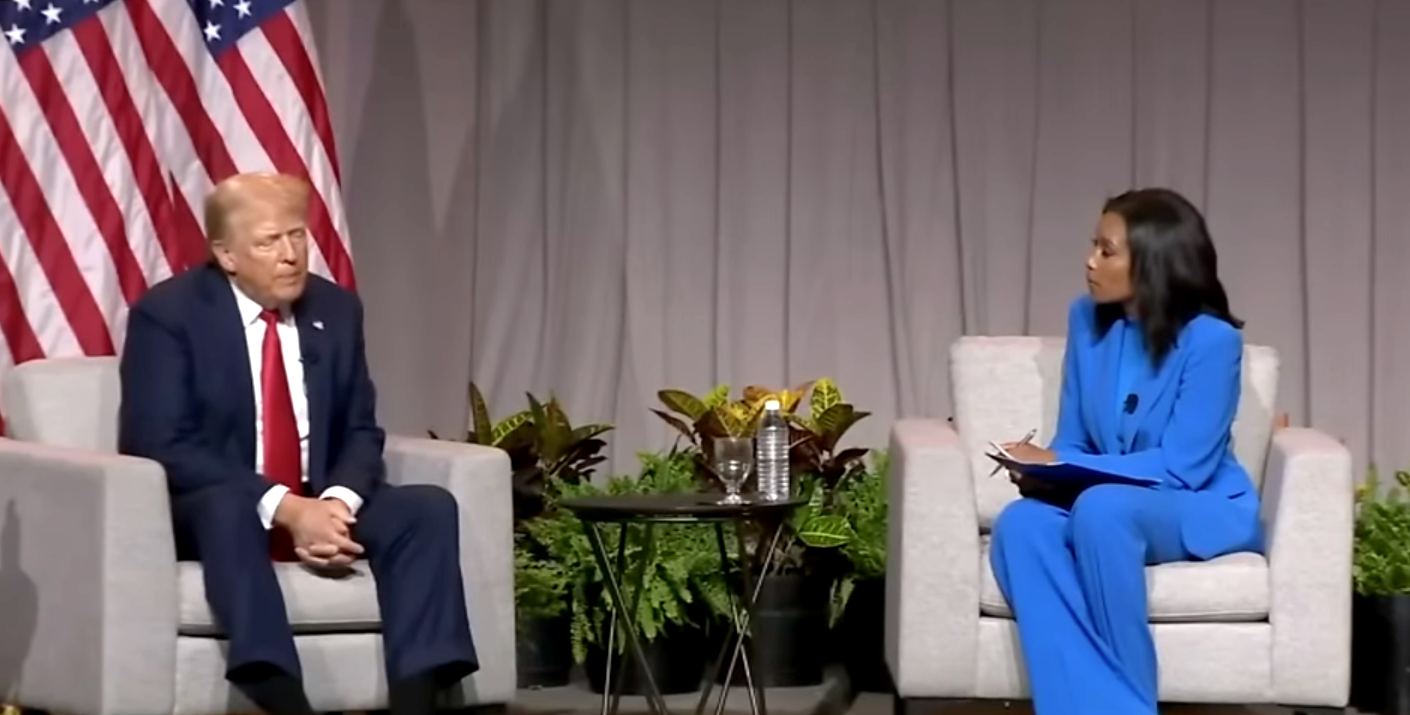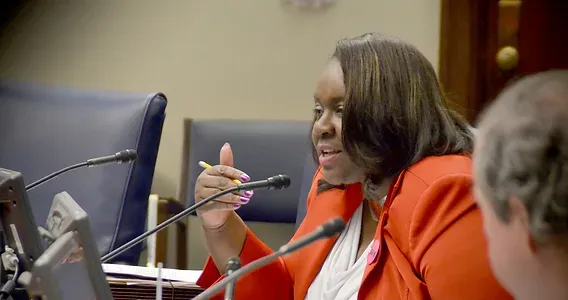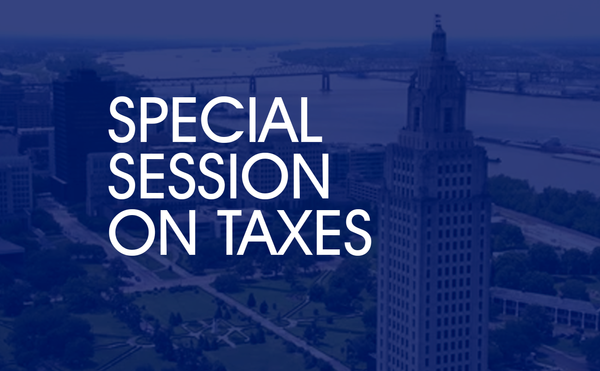Trump’s NABJ Appearance Erupts into Controversy, Fuels Calls for Leadership Shake-Up
Trump's performance quickly deteriorated into a series of incendiary and misleading statements. He questioned Vice President Kamala Harris’s racial identity, erroneously suggesting she had previously identified as Indian before “suddenly” becoming Black.

CHICAGO — Donald Trump’s appearance at the National Association of Black Journalists (NABJ) annual convention in Chicago turned into a dramatic debacle, with his combative and inflammatory remarks leading to widespread outrage and demands for a leadership overhaul within the organization.
The event, marred by a nearly hour-long delay, began with palpable tension as ABC News journalist Rachel Scott confronted Trump about his history of racist comments and questioned his appeal to Black voters. Trump's dismissive response, claiming he had never been asked a question “in such a horrible manner,” set a combative tone for the 34-minute discussion that followed.
Trump's performance quickly deteriorated into a series of incendiary and misleading statements. He questioned Vice President Kamala Harris’s racial identity, erroneously suggesting she had previously identified as Indian before “suddenly” becoming Black. White House Press Secretary Karine Jean-Pierre condemned Trump’s remarks as “repulsive” and “insulting,” affirming that “no one has any right to tell someone who they are.”
The former president also reiterated his controversial stance on pardoning January 6 rioters, claiming he would pardon those he deemed “innocent,” despite their criminal convictions. Trump further muddied the discussion by confusing recent Capitol events with unrelated protests at Washington, D.C.’s Union Station.
Throughout the panel discussion, which included Scott, FOX News personality Harris Faulkner, and Semafor’s Kadia Goba, Trump repeatedly clashed with both the audience and panelists. He derisively labeled Scott’s questions as “nasty,” provoking boos and shouts of “false” from the crowd.
In his closing remarks, Trump made provocative statements about immigration, asserting that illegal immigrants were taking “Black jobs,” which prompted further backlash from the audience. He also downplayed the significance of his running mate, J.D. Vance, amid controversy over Vance’s remarks about childless women.
The fallout from Trump’s appearance has been swift and severe. Karen Attiah, a Washington Post columnist and co-chair of the convention, resigned in protest over the decision to invite Trump, expressing her discontent on X (formerly Twitter) and highlighting a lack of consultation in the decision-making process.
The journalism community has voiced strong disapproval. Jim Trotter, NABJ’s 2023 Journalist of the Year, called the decision “difficult to put into words,” while CBS Sports analyst Ashley Nicole Moss, publicist Dave Jordan, and media strategist April Reign joined in condemnation. Democratic strategist Ameshia Cross and former NABJ Journalist of the Year Ernest Owens criticized the invitation as ironic, given Trump’s history of attacking Black journalists and undermining diversity initiatives.
The National Newspaper Publishers Association (NNPA) also condemned the move. NNPA National Chair Bobby Henry and President & CEO Dr. Benjamin F. Chavis denounced the invitation as contrary to NABJ’s core values of inclusion and solidarity. Journalist David Dennis Jr. described the event as “the single most disgraceful thing I’ve ever seen at NABJ,” emphasizing the perceived disrespect toward Black journalists.
Michael Tyler, Harris’s communications director, labeled Trump’s appearance as a continuation of his broader pattern of hostility and divisiveness. “Trump’s engagement today reflected the same chaos and division that has marked his entire presidency and campaign,” Tyler stated. “This tirade is a glimpse into the discord that has defined Trump’s approach to leadership and public discourse.”





